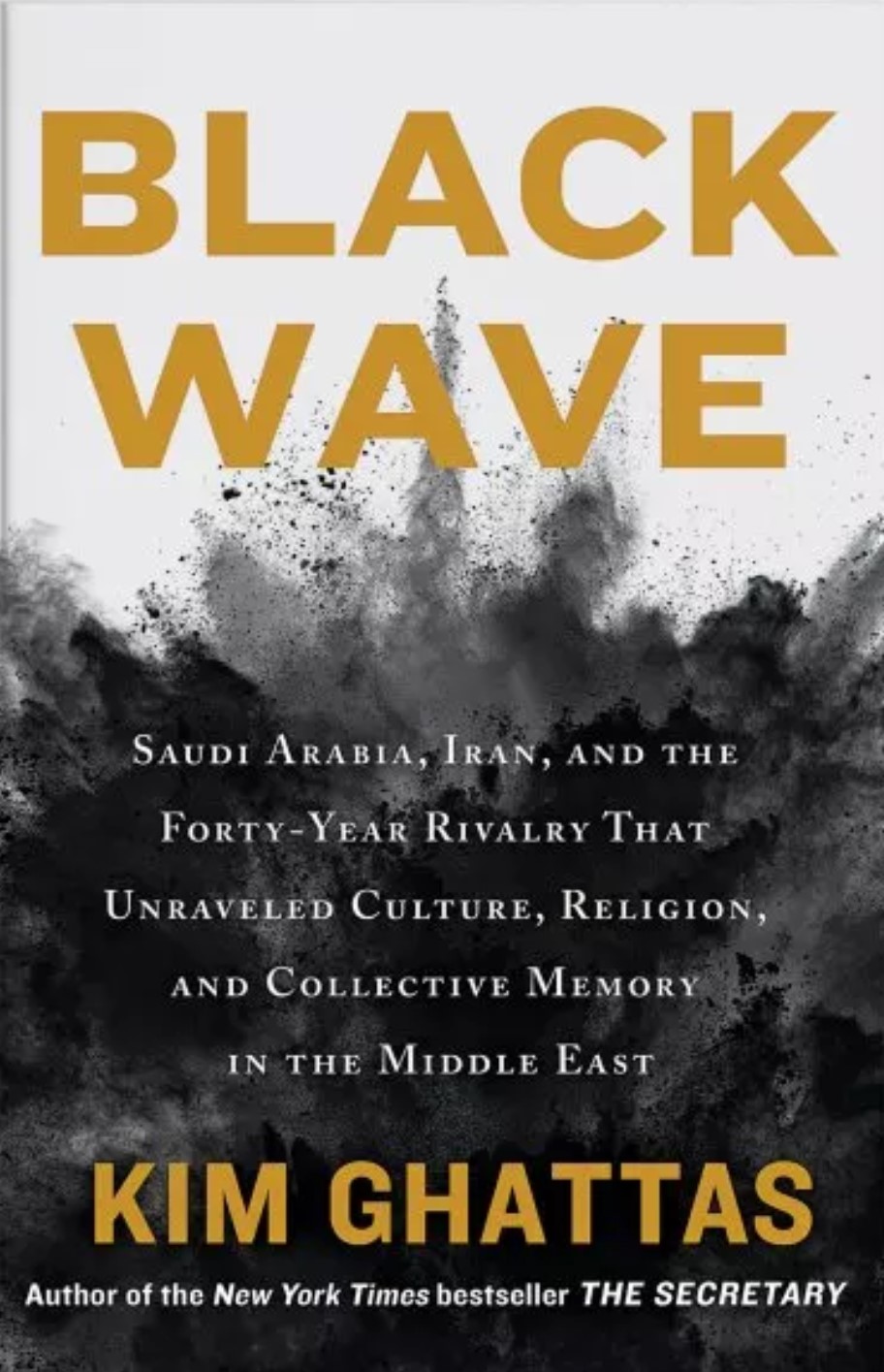
I love reading Noam Chomsky till he writes on Kashmir.
He is a voice one must hear, though some, especially the likes of politicians, CIA, NSA etc., will dismiss his views as utopian. Whether his views are idealistic or not, one thing is for sure that he does not mince words when exposing the brutality of imperialism and authoritarianism, espcially American one. This book has been stitched together from a series of interviews he gave on various topics.
It is no wonder that Chomsky never was given too much attention in the mainstream media, unless during thos rare times when he was talking about linguistics.
The book is devoid of any jargons or over the top theories, and brings forth so many diversified examples of imperialism and power-grab that the first time reader of Chomsky might wonder if all of this is actually true (I am not a first time reader of his). But the added dimension is that the reader would be even in more disarray because he/she never read about it in history books. Because history books are not supposed to tell you how Iran’s democratic government was overthrown by U.S. and Britain due to their concerns of oil being nationalized. That India’s armed forces have often resorted to unspeakable violence when dealing terrorism in Kashmir (I told you, I hate Chomsky). However, in cases like Kashmir or Palestine, what Chomsky fails to realize is that just one act of misdirected violence by the forces would result in endless criticism. Whereas the infinite steadfastness of the forces to resist attacking the stone-throwers is never praised. There is no black and white in such cases. Neither side is perfect or imperfect. Grey zone is a reality of life, especially in conflict zones. But still reading Chomsky is a must for most of his critiques are valid and pointed.
However, most of Chomsky’s writings or views do suffer from what is suffered by Roy. There is no solution presented by Chomsky. It is naive to believe that only democracy is the best way to rule over a country. And naive to believe that only American way of democray is the ‘right way’ (Chomsky doesn’t believe this by the way). Wish his critique lead to suggestions and possible solutions too.
A must read book by all means.




